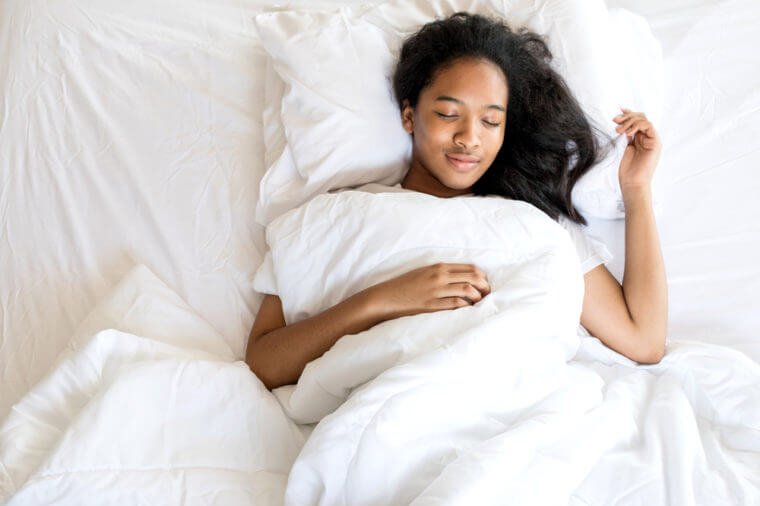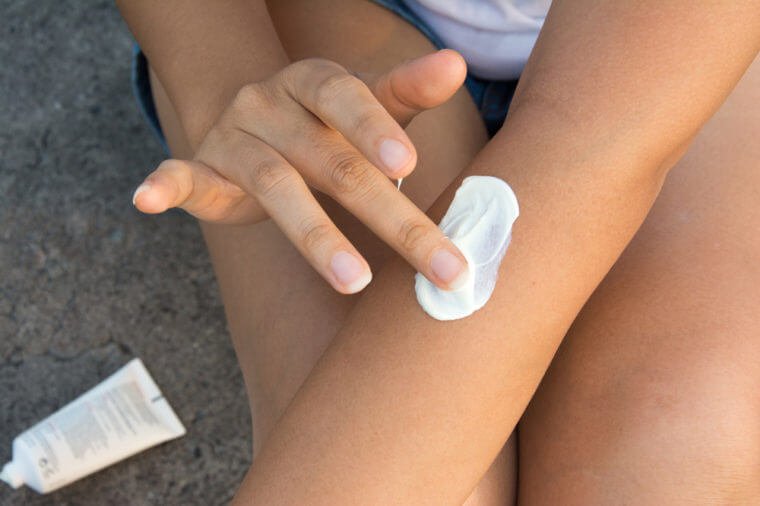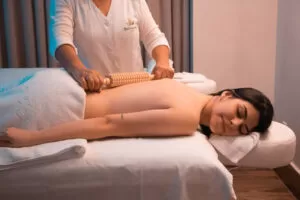Looking for the fountain of youth? These healthy activities have been scientifically shown to help you stick around longer.
Think positive

Could just thinking hopefully about living longer actually make it happen? Maybe, because having a positive attitude about life has been shown to increase it. “Studies show that individuals who practice positive thinking live an average of 7.5 years longer than those who don’t,” says psychologist Deborah Serani, PsyD, award-winning author of Depression in Later Life. “Positive people report higher levels of happiness and more meaningful connections to others. Some of the physical benefits of positive thinking include lower blood pressure, better sleep, and a stronger immune system.”
Get the right amount of sleep

Getting the recommended seven to nine hours of sleep (seven to eight hours for over-65 year olds) a night is crucial for your body to repair and renew itself, which can add on a few years to your lifespan. “An analysis was conducted of studies on sleep duration and mortality, totaling over a million adults,” says sleep expert Richard Shane, PhD, creator of the Sleep Easily method. “The analysis found that short sleep of six hours or less was associated with a 12 percent increased risk of death, and long sleep of nine or more hours was associated with a 30 percent increased risk of death.”
Protect yourself from the sun

Skin cancer affects more people than all other cancers combined, with one person dying from it every hour. “Using sunscreen every day decreases your risk of all skin cancers, including the most fatal form, melanoma,” says dermatologist Whitney Bowe, MD, author of the Beauty of Dirty Skin. In addition to the cancer risk, an Australian study showed people who apply sunscreen daily showed 24 percent less skin aging over 4.5 years. However, “wearing sunscreen is the first line of defense for healthy skin, but it is not enough,” Dr. Bowe says. “UPF clothing and swimsuits, antioxidant supplements like Heliocare that protect your skin from sun damage from the inside-out, and seeking shade during peak sun hours, are also critical to maintaining skin that’s healthy and skin-cancer free.”
Get moving

It’s not a shock that exercise lengthens your life, but what kind and how much have life-extending benefits? “The magic number is 150 minutes of exercise a week to improve longevity and give you a 31 percent decrease in risk of dying,” Dr. Levine says. “The type of exercise should be moderate, which means elevated heart rate and sweating.” Exercise can prevent elevated blood pressure, high cholesterol, dementia, and early death. “Walking is great, however if my patient can tolerate more intense exercise, than I always encourage it,” she says. Any amount you can get in is beneficial: One study showed brisk walking for 450 minutes a week added 4.5 years of life, but even 75 minutes added almost two years.
Reduce stress

Being stressed doesn’t just take a mental toll—it takes a physical one that can shorten your life, according to research. One study found that chronic stress cut lifespans short by four to eight years. Taking anti-stress measures can reverse this trend. “Negative thinking increases the stress hormones, cortisol and adrenaline, which make us restless and irritable,” Dr. Serani says. “But if you learn to offset half-empty thoughts with hall-full ones, your body creates more feel-good hormones, like norepinephrine, endorphins, dopamine, serotonin, and oxytocin.”
Keep your brain active

You need to keep your brain as well as your body moving to prevent declines in mental function that can shorten lifespans. One study in the New England Journal of Medicine found that after five years, those elderly subjects who read, played board games, or musical instruments were less likely to have developed dementia or Alzheimer’s. Another study from the National Institute on Aging followed participants for 4.5 years, and those who spent the most time (every day or every other day) reading, doing puzzles, playing cards, or doing crosswords had a 47 percent reduced risk than those who least frequently participated in those activities.







